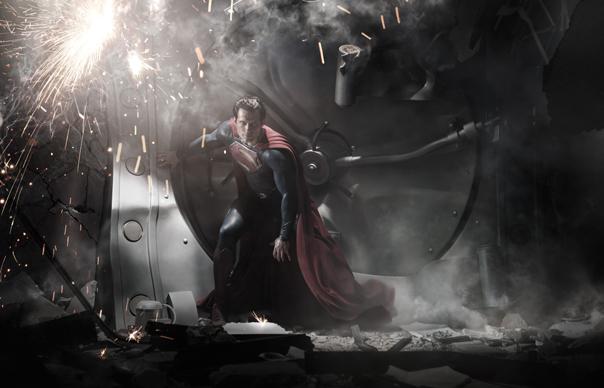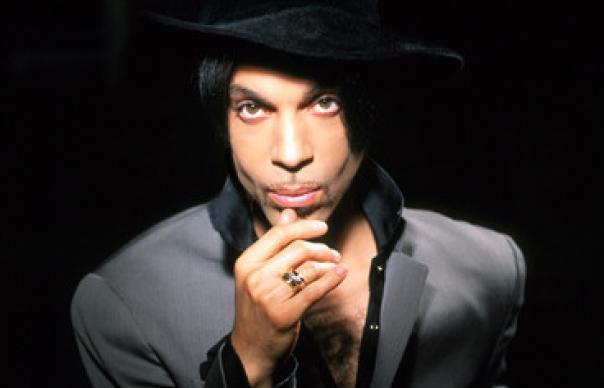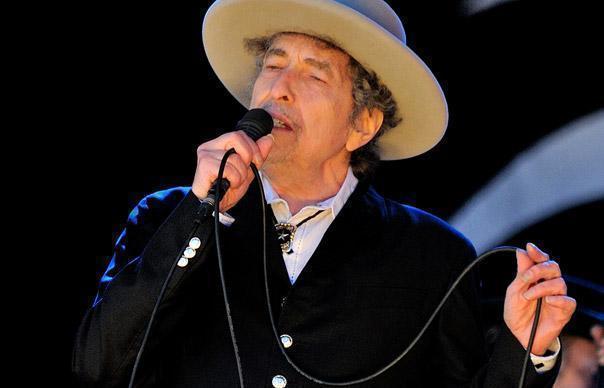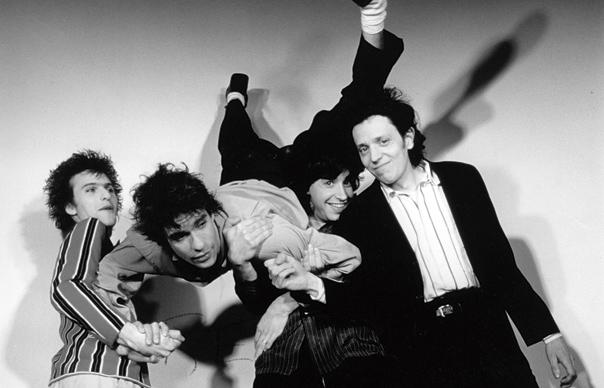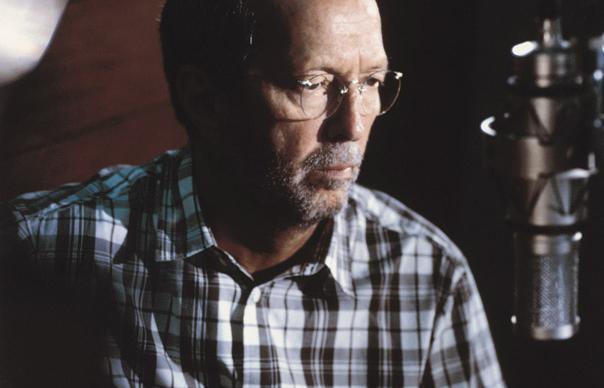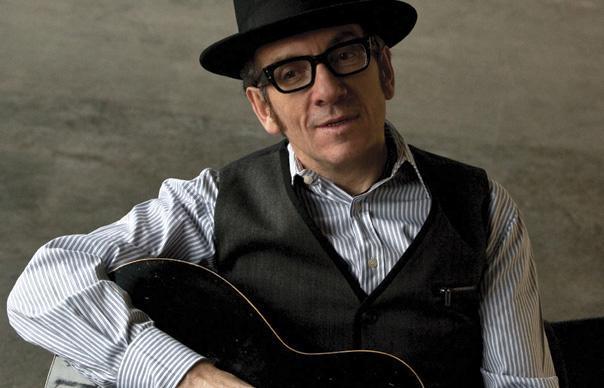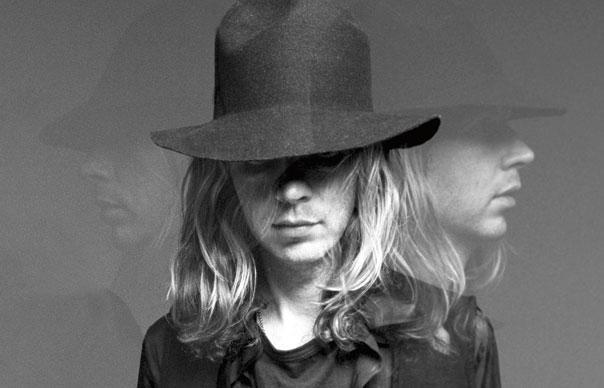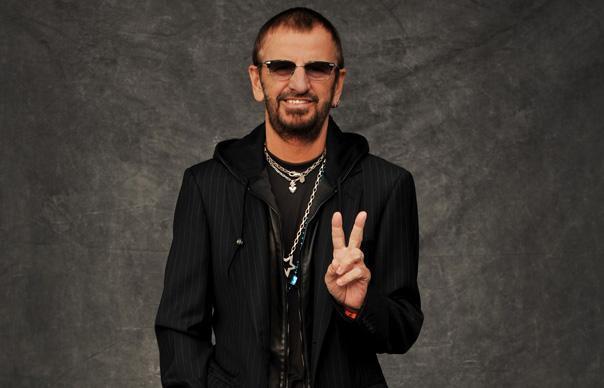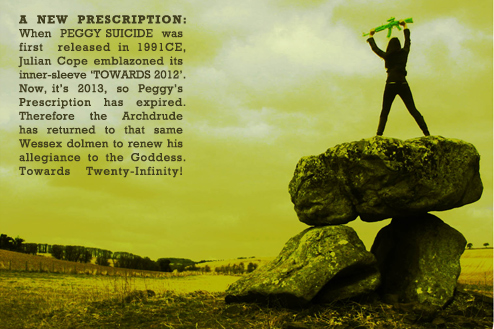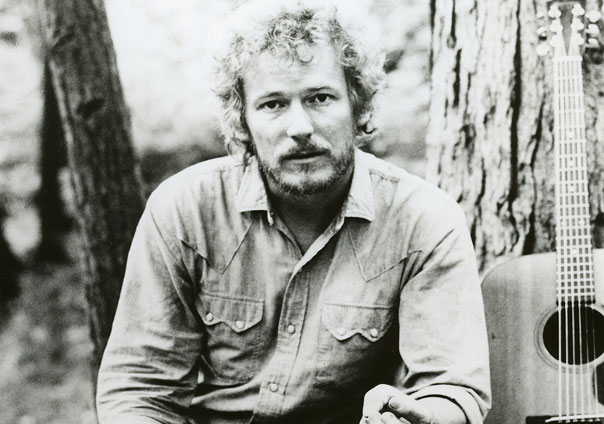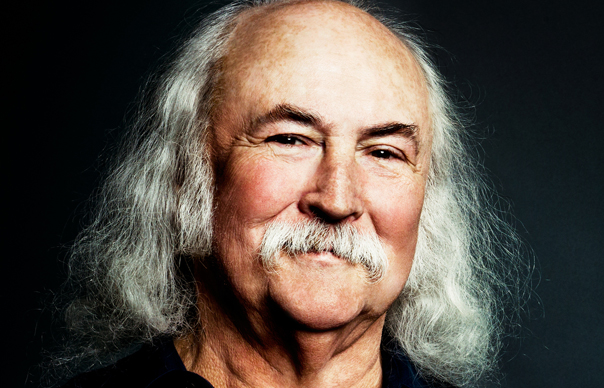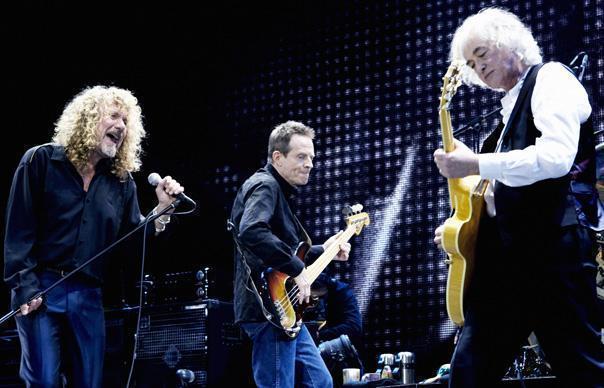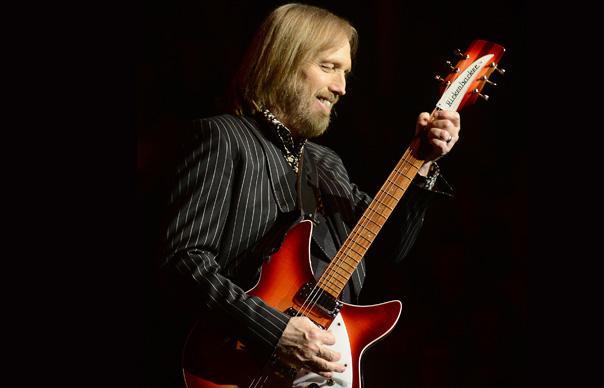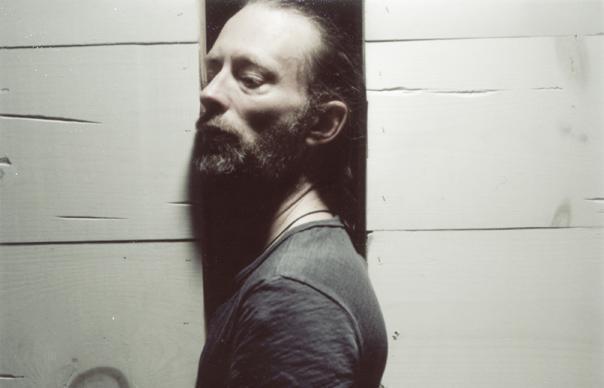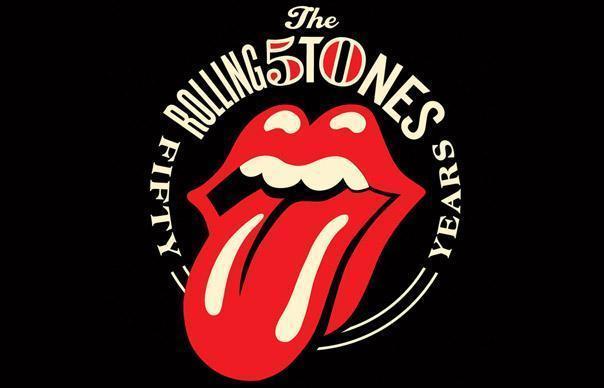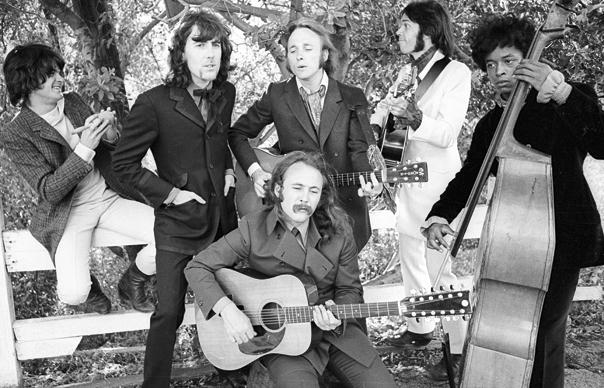Black Sabbath’s new album, 13, is reviewed in the new issue of Uncut (dated July 2013 and out now) – in this archive piece from Uncut’s May 2010 issue (Take 156), Ozzy Osbourne answers your questions, shedding light on his reality-TV renaissance, dressing up as a Nazi and the drug that left him “totally paralysed”… Words: John Lewis
_____________________
There’s something to be said for a lifetime of substance abuse. Like so many sixtysomething rock legends who’ve put their bodies through the blender and gobbled a whole customs haul of Class As, Ozzy Osbourne looks in pretty good shape. Dressed in black jeans and a white long-sleeved T-shirt emblazoned with a pirate insignia, his raven-haired locks make him look at least 10 years younger, and the pudginess that was apparent around the Osbourne midriff in the ’80s has disappeared. “It’s exercise,” he says. “It’s addictive. When I got off the old booze, I got on the exercise bike. Endorphins are like crack cocaine!”
In a swanky Mayfair hotel on a crisp winter morning, he greets me warmly and invites me to sit down. But when I take the sofa opposite, he insists that I sit on the chair directly in front of him. For the course of the interview, he’s barely three feet away from me, staring attentively at my face for every question. “My hearing isn’t all that,” he confides. “I have to stand very, very close to you and watch your lips. Otherwise I’m fucked…”
_____________________
Who was your musical hero growing up, and what are you getting me for my birthday?
Duff McKagan, Guns N’ Roses, Velvet Revolver
What am I getting you for your birthday? Same as you got me, you cunt, which is fuck all. Ha ha! My musical heroes? Well, it’s The Beatles, obviously. That’s why I did those Lennon covers. A few people have said they’re the worst songs ever made, but they come from the heart. I fucking mean them! I can still remember first hearing The Beatles. I was walking down the street in Birmingham with this battery-operated radio, and “Please Please Me” came blaring out. It was one of those moments where the world seems to shift a bit. Nothing was the same again. I used to fantasise about meeting McCartney. Now I’ve met him several times, and every time I still can’t believe I’m talking to him. Me and bloody Paul McCartney! Bloody hell!
Sharon’s recent autobiography talks about her being terrible at gambling, but says you’re a lucky gambler, especially on the slot machines. What’s the most you’ve won or lost?
Simon, Middlesbrough
I never got the gambling bug, really. You go into a casino and you get these silly bastards taking notes, making mathematical equations, like they can guess what’s going to happen. Oh, fuck off. My one and only experience of getting hooked was in Vegas. Everyone else was going to the blackjack tables and roulette wheels. I saw the flashing lights of the fruit machines and thought, oh, I like that. I remember putting in a few dollars and the machine started belching out all these chips. I thought, hello. Then I put in all my winnings and I won even more. It was fuckloads. Tens of thousands of dollars. And I actually thought, this is good. Instead of pumping all the chips back into the machine, I decided to cash them in, have a few drinks, and keep the rest of the money. It was the most sensible decision I’ve made in years.
If you could watch any two celebrities having sex, who would it be?
Frank Skinner
Fucking hell. What kind of question is that, Frank? Two celebrities? I suppose it’d have to be Frank Skinner and… Dawn French. There you go, Frank. You happy with that?
Has it really taken you 35 years to pass your driving test?
Nicky Reid, Brisbane
Seriously, it fucking has. I took it in California, which was a fucking joke. You barely have to reverse a few yards and they pass you. You also have to do this written test, which is piss easy. But I never managed to pass one in England. There was one time when I passed out during the test, slumped over the steering wheel. I woke up and the instructor had left a note on the dashboard saying: “You have failed your test. Do not attempt to move this car. Please contact someone to pick you up.” I get very nervous. I needed a drink. Mind you, Sharon’s not much better. She pranged some car in Beaconsfield the other day. We’re a disaster when it comes to cars.
What made you want to wear a tap round your neck as an item of jewellery?
Shaun Turner, Cardiff
I was a fucking idiot, that’s why. It was just the top of a hot tap, you know, the cross shape, with an “H” in the middle, and the four hands coming out. I tied a chain around one of the arms and wore it around my neck like a crucifix. Ha ha! I used to wear all sorts of rubbish. I wore a blue-and-white striped pyjama top as a shirt. I walked around Birmingham barefoot for years.
Sabbath played Hamburg’s Star-Club more times than The Beatles. What do you recall most about those days?
Glenn Pratt, Hackney
This would have been about 1969, not long after we’d formed. We thought it would be exotic, but it was worse than fucking Birmingham. We’d be in these clubs playing for hours, in front of crowds of squaddies, all pissed off their heads, just shouting abuse. And we stayed in some right fucking dumps. You’d try and pull a bird just to get a bed for the night. We weren’t fussy what they looked like, as long as they had somewhere to stay. There was one bird I spent the night with, we called her The Witch. Big old hooter. Anyway, one morning she tells me she’s off to work and that I can stay around if I want, but she adds, “Just don’t go through me stuff, OK?” Now that’s like a red rag to a bull, isn’t it? So the minute she’s out, I’m going through her cupboards and, fuck me, there’s a Nazi uniform at the back, probably her dad’s. So I put it on, start goose-stepping around the flat. Of course, she comes back that afternoon and finds me barking out orders in a cod-German accent and going through her drinks cabinet. The relationship didn’t last long after that…
Both Ron and I are getting antsy: would you recommend solo careers, as you’ve done? PS from Ron: Do you need a keyboard player? Have own equipment, nice van, and no bad habits?
Russell and Ron Mael, Sparks
Sparks, eh? They’re nice fellas. I’ve met them a few times. You’re all right with the keyboards, Ron, I think I’m all right there. Going solo – well, it worked for me, I guess. I was up shit creek when Black Sabbath sacked me. I was angry about it. Still am, sometimes. But I was lucky. I had Sharon, who took care of everything. Without her, I’d be sitting in a pool of me own piss, smoking a joint. If it wasn’t for Sharon, who got me in touch with guys like Randy Rhoads, going solo would have been a very, very bad idea.
What’s the worst job you’ve ever had?
Ian Gough, Newcastle Upon Tyne
I had lots of shit ones back in Birmingham. There was the car factory, the loudest place I’ve ever been in – noisier than the loudest metal gig you’ve ever heard. There was this old fella next to me, driven deaf by spending nearly 20 years in the factory. He said if he stayed there another few months he’d get his gold watch. I said, if you want a gold watch that much you should put a fucking brick through a jeweller’s window. If he got caught, he’d get less than 20 years. Looking back on it, working in an abattoir was pretty awful, although I grew to enjoy that. I had to slice open the cow carcasses and get all the gunk out of their stomachs. I used to vomit every day; the smell was something else. It didn’t put me off meat, though, but I do think every meat eater should spend a few days in an abattoir. Meat doesn’t come in little sealed packets, cut into dinosaur-shaped nuggets. It’s fucking brutal work.
How come you mumble words in interviews, but at shows and on record you speak clearly?
Stephen Gwynne, London
I fucked myself up pretty badly when I had that accident on me quad bike [in December 2003]. What did I break? What didn’t I break? A collarbone, a bunch of ribs and one of the vertebrae in my neck. Still, it did mean that I missed Christmas, which was a fucking relief. But that injury has affected lots of things. I can’t remember things so well, I can’t talk so quickly. And my hearing’s not so good. And I was diagnosed with another thing not long before that, a bit like Parkinson’s. So I’m fucked. Ha ha! Thing is, when I get on stage and sing, it must use a different part of the brain. I’m much more confident. Well, I’m terrified before I go on stage, but once I’m there it’s fine. No mumbling, no hesitation, nothing.
Why did you agree to invite cameras into your house to follow your every move? Are you mad?
Smokey Robinson
Well, the whole thing started after we did this one-off show for Channel Five. That won an award and got repeated every bloody week. Then MTV did an episode of Cribs at our house in Beverley Hills, which went down better than any other episode they’d made. They thought it would be good to turn it into a series. It hadn’t really been done at that point. I said yes because I didn’t think it would ever happen. Maybe I was fucking mad. But then it did bloody happen. Thing is, I genuinely didn’t notice the cameras being there. But when the show was broadcast and became a hit, I suddenly became more famous than I’d ever been. Was it scripted? No! If you film anyone’s home for long enough, you will come across lots of crazy shit. You have five cameras following you around all day; soon enough they’ll catch you slipping on dogshit, or falling off a chair, or getting confused with a remote control. You realise that it’s all in the editing. With those reality TV shows, I watch how it’s been edited and I think, ‘Hmm, I can see what you’ve done there…’
What was your scariest drug-related experience?
Marcus Mendes, Brazil
Jesus, there’s been a few. Heroin was fucking horrible. I only did it a few times – too much vomiting. But the worst was Rohypnol. I was offered it as a sleeping pill. I’d heard about it as a date-rape drug, but I thought it was all bollocks. So I took it – I wasn’t likely to rape myself. So I tried it with a bit of brandy, waited a while, thought, ‘What a load of crap’, and then suddenly it kicked in. Fucking hell – I was totally paralysed. All my muscles seized up, and I ended up rolling off the bed and banging my head on the bedside table. It hurt like fucking hell. You can still feel everything, it’s just that you’re paralysed. It was like being dead and haunting yourself, some hellish out-of-body experience. I was trapped there for four or five hours before it wore off. Never again.
What is the most memorable game or experience you’ve had at Villa Park?
Gordon Cowans, Aston Villa FC legend
Me and my mates used to hang around Villa Park on match days. We’d look after cars for a few bob, make sure no-one nicked or scratched them. I remember standing on the Holte End a few times. It was always fucking great fun. I had some favourite players – Peter McParland, Jimmy MacEwan, Alan Deakin – I had posters of them on me wall as a kid. But I was never as big a fan as [Black Sabbath bassist] Geezer Butler. Whenever Villa lost, he’d lock himself in his fucking room for a day, turn out the lights and draw down the blinds. He’d be in a depression for ages. I never got that carried away about it.


